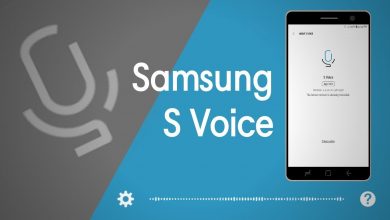After the Success of Nexus 6P, Huawei seems to have started manufacturing great phones and here’s another one from the list! Huawei is rumoured to bring Huawei P9 soon and here are few concepts which are quite impressive and promising! 😀 Its like Huawei is trying something new in the taste of the design! Thats pretty cool!
The flagship is coming in early April and it’s going to feature a unibody metal chassis, much like the Mate and P models before it. Let’s have a look. Interestingly I can’t seem to spot the laser focus mechanism, which should be at the back, close to the dual LED flash and which was spotted in a previous leak. The frame is pretty shiny here and we also get a back fingerprint scanner, dual cameras and a less prominent set of antennae. The profile looks pretty slim and the button setup is akin to the Mate S and Mate 8.
We have yet to figure out if the Huawei P9 will have a 2.5D or 3D screen panel, but that’s very likely to happen, considering current trends. Keep in mind that Huawei puts a great deal of emphasis on a slim design, so we may see a handset that’s less than 7 mm thick here. A potent Kirin 955 processor and 4 GB of RAM are expected and there will be 4 versions of the handset, some with lesser specs and one a P9 Max with 6 inch screen.
The Design does looks mind blowing and somewhat resembles the looks of Nexus 6P. But somewhat changed. This device is also a chance for Huawei to completely shake the world and prove that they are also as powerful as any other American firm! Its a time for you Huawei! 🙂



